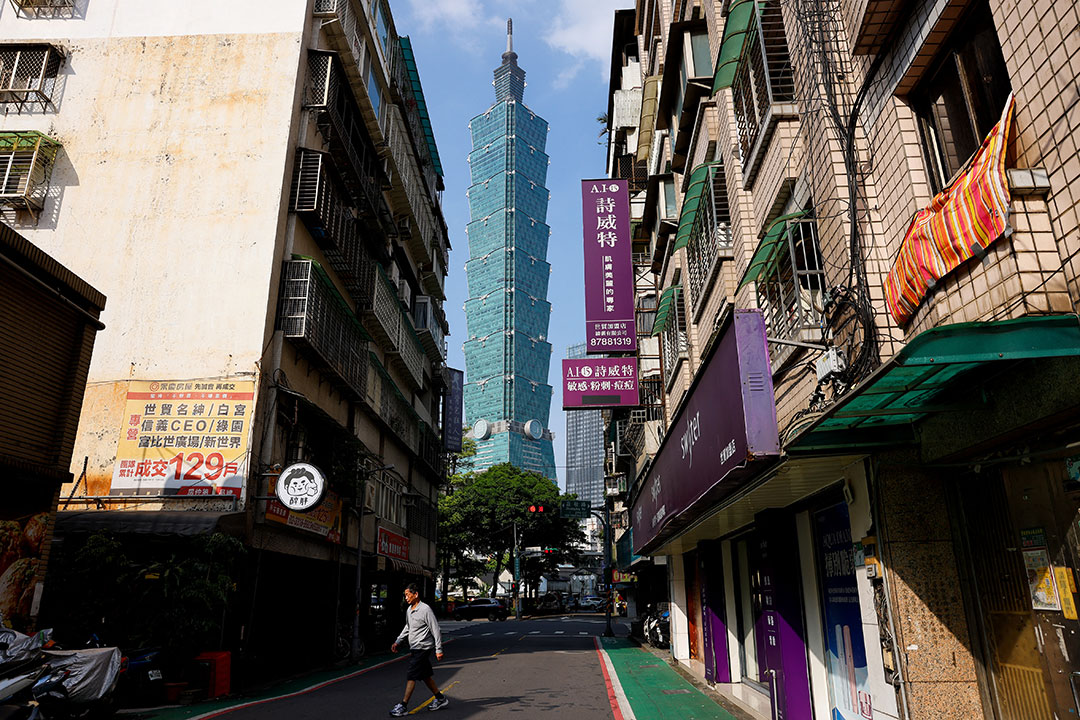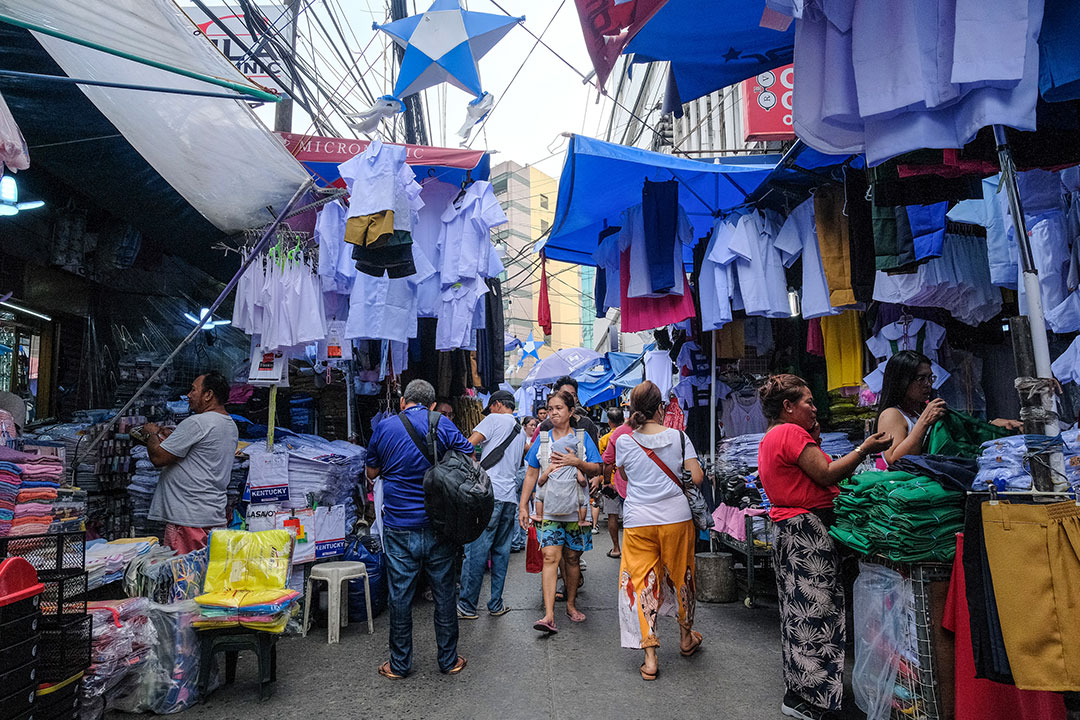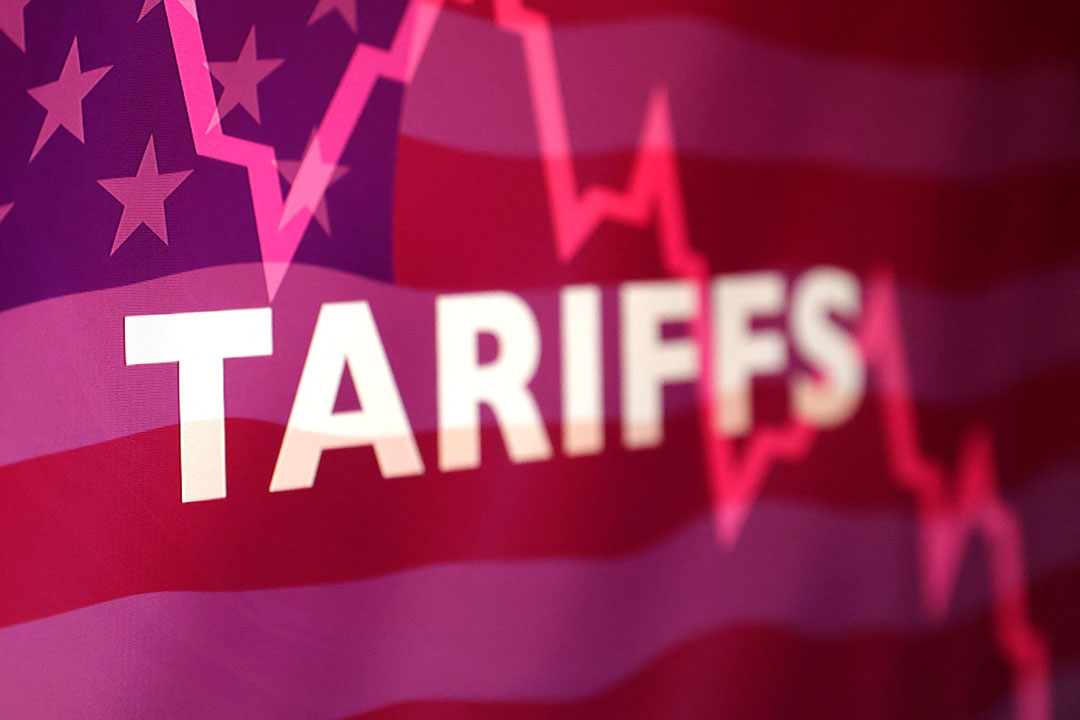
Upgrade to High-Speed Internet for only ₱1499/month!
Enjoy up to 100 Mbps fiber broadband, perfect for browsing, streaming, and gaming.
Visit Suniway.ph to learn
 PEOPLE AND CARS can be seen passing Taipei 101 in Taipei, Taiwan, April 17, 2025. — REUTERS/ANN WANG
PEOPLE AND CARS can be seen passing Taipei 101 in Taipei, Taiwan, April 17, 2025. — REUTERS/ANN WANGBy Cathy Rose A. Garcia, Editor-in-Chief
TAIPEI — Taiwanese companies are looking to set up shop in the Philippines as the country faces a US tariff that is lower than most of its Southeast Asian neighbors, according to analysts.
This as Taiwan expects further deepening of ties with the Philippines, a Ministry of Foreign Affairs (MoFA) official said.
“We consider the Philippines as a very important partner for freedom, for democracy, for stability in the region,” MoFA Deputy Minister Francois Chichung Wu told visiting foreign journalists here last week.
Taiwan is also trying to work with the Philippines on “high-level projects,” he added.
The Philippines is emerging as a “top priority” for Taiwan in the region amid heightened tensions with China and uncertainty over the US tariffs, an analyst said.
Kristy Hsu, director of the Chung-Hua Institution for Economic Research’s (CIER) Taiwan ASEAN Studies Center, said the Taiwanese firms are taking notice of the Philippines because it currently faces one of the lowest US reciprocal tariffs in the region.
“I would say that Philippines right now is back on the radar (of Taiwanese firms),” she told visiting foreign journalists here last week.
US President Donald J. Trump last week announced it was raising the tariff on most Philippine goods entering the US to 20% from 17% previously. However, this is still lower than the 32% tariff that the US is looking to impose on Taiwan.
“I talked to someone who has an industrial park in the Philippines, and he told me just last week that he received a lot of requests from Taiwanese companies that have operations in Vietnam and other countries. They are very interested to probably open an office or open warehouses in the Philippines,” Ms. Hsu said.
While these Taiwanese firms are unlikely to close existing operations in Vietnam and China, there is a possibility that these firms will seek to de-risk their supply chains by expanding into other countries like the Philippines.
“Taiwanese companies will adjust their structure and probably they are seeing that the Philippines has its benefits, and they will start to allocate small part of their capacity to Philippines, depending on further policy development,” Ms. Hsu said.
A foreign affairs analyst noted that Taiwanese businesses are now figuring out a new route for their supply chains amid the US tariff uncertainty.
Shin-Horng Chen, research fellow and vice-president of CIER’s second research division, said it is difficult to predict what will happen with US tariffs because Mr. Trump is “changeable.”
“We used to think that when Taiwan was charged with high reciprocal tariffs, we may be able to mobilize our resources in Southeast Asia, even in Mexico, in the United States, to reduce certain impacts. But now quite a few Southeast Asian countries are facing high tariffs than expected,” Mr. Chen said at a separate briefing last week.
The US will impose a 20% tariff on Vietnamese exports, alongside a 40% duty on goods that are considered to have been transshipped.
Other Southeast Asian countries are also facing higher tariffs on goods sent to the US such as Laos (40%), Myanmar (40%), Cambodia (36%), Thailand (36%), Indonesia (32%), Malaysia (25%) and Brunei (25%).
Ms. Hsu said the US tariffs, once implemented on Aug. 1, will have a huge impact on the Taiwanese economy, as well as Southeast Asia.
“Everyone expected that Trump should have lower rates for Southeast Asian countries, especially those are the destination for friendshoring under the Biden administration, but right now they are going to be hit by the tariffs,” she said.
“If the tariffs for Southeast Asian countries remain high and that will also impact Taiwan a lot because we invested a lot in supply chain. We do see a possible shift of supply chain in Southeast Asian countries. But something is certain that is Taiwanese companies used to invest hugely in China are right now, they are already diversifying their supply chain,” she added.
LUZON ECONOMIC CORRIDOR
Meanwhile, an analyst said Taiwan could potentially join the Luzon Economic Corridor (LEC) project.
Taiwan’s government last year signaled its interest in participating in the Luzon Economic Corridor project, which is being undertaken via a trilateral commitment among the Philippines, US and Japan.
The project seeks to enhance the connectivity of Luzon’s key economic areas — Subic Bay, Clark, Metro Manila and Batangas. It is widely seen to counter China’s Belt and Road Initiative.
CIER’s Ms. Hsu said some Taiwanese firms are keen on the LEC project. “We have a lot of companies who are very interested in the Luzon Economic Corridor,” she said.
Some Taiwanese firms are also considering investments in the energy sector, she added.
“I would say that the Philippines right now is important not only because of the (lower tariff) rates but also because of its very strategic position for the US and also for Taiwan and Japan,” Ms. Hsu said.
The Philippines maintains a “One-China Policy,” but has ties with Taiwan with the Manila Economic and Cultural Office serving as a de facto embassy.




